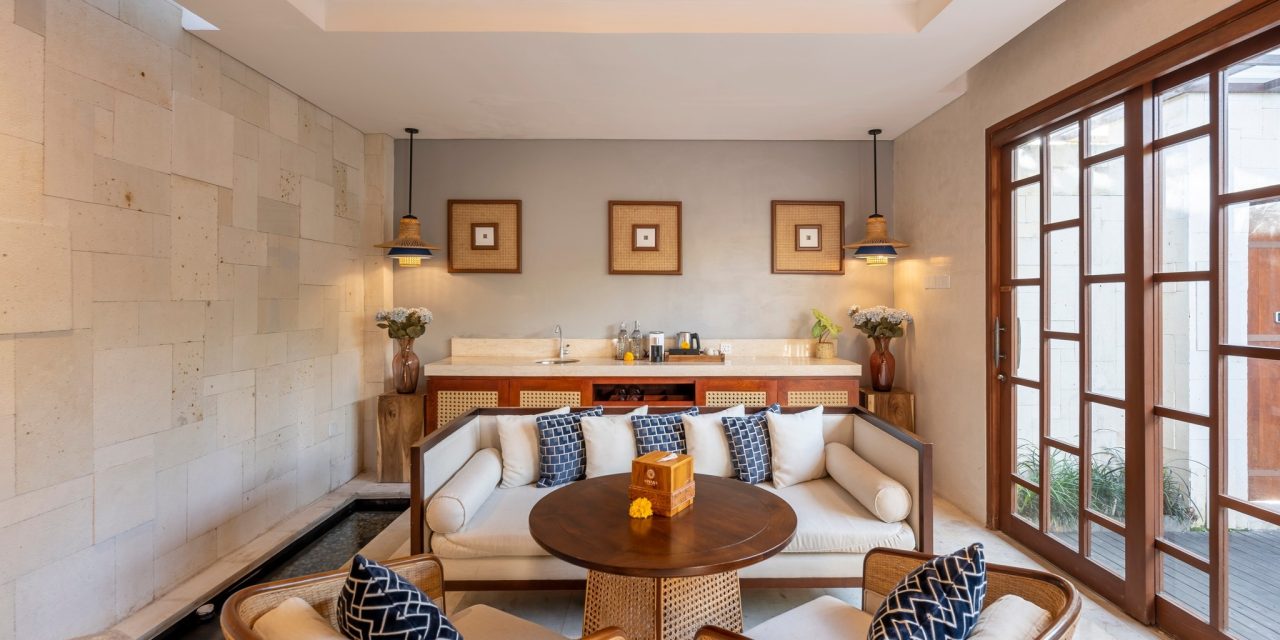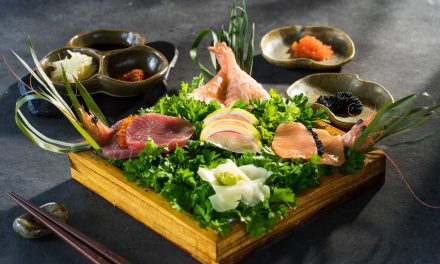Bali is not just an island; it’s a vibrant tapestry of culture, art, and culinary excellence. For those willing to seek out an exceptional meal, there’s a world of cultural fine dining experiences waiting to be discovered. From the bustling streets of Ubud to the serene coastlines of Seminyak, Bali offers a unique blend of traditional flavors and modern gastronomy that can leave a lasting impression on any food lover. Having spent a significant amount of time savouring the culinary delights that Bali has to offer, I can assure you that these experiences go far beyond just eating; they are about immersing yourself in the Balinese way of life.
A Journey of Flavors
When I first stepped into the heart of Ubud, my senses were immediately captivated by the aroma of spices wafting through the air. It was at Locavore, a restaurant that has gained international acclaim for its commitment to local ingredients and innovative techniques, that my culinary journey truly began. What struck me was not just the stunning presentation of each dish, but the story behind them.The menu changes daily and is crafted around what local farmers and foragers bring in. One night, I was treated to a dish celebrating the bounty of Bali: a delicate coconut sashimi topped with edible flowers and a hint of lemongrass. Each bite was a symphony of flavors, encapsulating the essence of the island. Engaging with the enthusiastic staff, I learned how they sourced ingredients from nearby villages, deepening my appreciation for the principles of sustainability and local culture infused in their cuisine.
Embrace the Traditions
Beyond the fancy plating and gourmet techniques, what I found most fascinating are the traditional dining experiences that breathe life into Bali’s rich culture. One unforgettable evening, I was invited to a Bali Auliya cooking class held at a local home, where the hostess, a warm and welcoming Balinese woman named Ketut, opened her kitchen to us.
As Ketut expertly crafted Bebek Betutu, a famous Balinese dish of slow-cooked duck stuffed with spices and wrapped in banana leaves, she shared stories of her grandmother’s recipes passed down through generations. With each step, she demonstrated how cuisine in Bali is a communal activity—a shared experience that brings families and friends together. By the end of the evening, we savored an aromatic feast, my heart as full as my stomach, enriched by the camaraderie around the table.
Hidden Gems to Explore
If you’re looking for undiscovered treasures in Bali’s culinary scene, venture outside the typical tourist spots. One such hidden gem is Bambu, an enchanting restaurant situated amidst lush rice paddies in Seminyak. The ambience alone is worth the visit; the sound of flowing water, the flickering candles, and the intricate bamboo décor create a serene dining environment.
At Bambu, I relished their signature Rijsttafel, a traditional Indonesian feast featuring an array of small dishes that showcase the diverse flavors of the archipelago. Each bite felt like a mini adventure, offering a taste of everything from spicy satay to tangy sambal. The waitstaff, dressed in traditional attire, added to the authenticity by narrating the history behind each dish we tried, making it even more memorable.
Dining with a View
No culinary journey in Bali is complete without indulging in a dining experience with stunning vistas. Picture this: you’re seated at Sundara in Jimbaran, the sunset painting the sky in hues of orange and pink, the sound of waves crashing on the shore nearby. This beachfront restaurant not only serves fresh seafood but also provides a spectacle—a perfect blend of dining and nature.
On my visit, I chose the grilled lobster, which was as fresh as it gets, seasoned perfectly, and paired with a tangy lemon butter sauce. Dinners at Sundara are an occasion to linger, to sip on tropical cocktails while watching the sun dip below the horizon—a moment of pure bliss that encapsulates the essence of dining in Bali.
Practical Tips for Cultural Fine Dining in Bali
Planning to indulge in these amazing culinary experiences? Here are some practical tips to enhance your journey:
1. Reservations Are Key: Many of Bali’s popular fine dining restaurants require reservations. Plan ahead, especially during peak seasons.
2. Dress Appropriately: While Bali is a laid-back paradise, some upscale restaurants have dress codes. Opt for smart casual attire to blend in seamlessly.
3. Be Open to New Flavors: Don’t hesitate to try something unfamiliar. Balinese cuisine is a treasure trove of tastes waiting to be explored.
4. Engage with Staff: Ask questions about the dishes and the ingredients. The stories behind the food can enrich your experience tremendously.
5. Explore Local Markets: If time permits, visit local markets like Ubud Market for fresh produce and spices that can inspire your cooking back home.
Conclusion
Cultural fine dining experiences in Bali are not just about the food—they offer insight into the island’s heritage, community spirit, and stunning natural beauty. Each meal I enjoyed was a reflection of the dedication and passion of the cooks and farmers, a culinary dance of flavors and traditions that formed lasting memories. Whether you’re celebrating a special occasion or simply wish to savor the unique tastes of Bali, the island’s culinary landscape promises to enchant you. So, get ready to embark on a delightful food journey that’s as culturally rich as it is delicious. Bon appétit!






